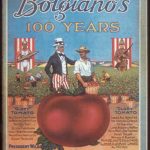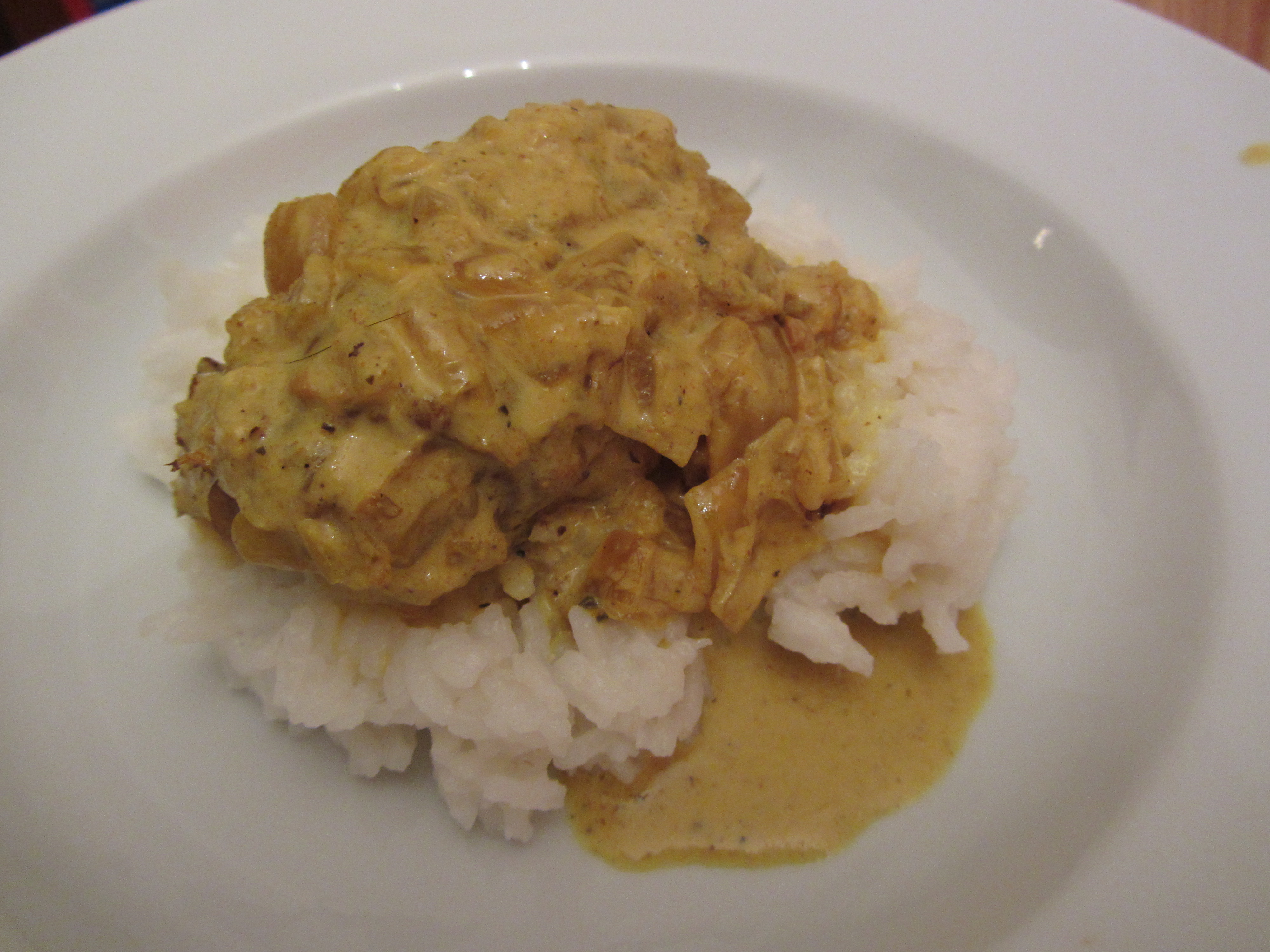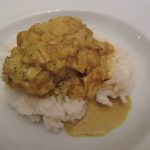
We all scream for ice cream! Without question, ice cream is one of the most popular treats in America, but do you know much about its history?
According to Laura B. Weiss, author of Ice Cream: A Global History, iced drinks can be traced back to at least the ancient Greeks and Romans. But many historians believe that the emperors of the Tang Dynasty (618-907 AD) in China may have been the first to eat a frozen milk-like confection — made with fermented cow, goat or buffalo milk which had camphor added to make it flake like snow. Italians generally are credited with inventing ice cream as we know it today, popularizing a concoction of sugar, flavorings (often fruit like lemon or strawberry), and ice or snow sometime in the mid-seventeenth century. Ice cream was particularly favored by the French aristocracy in the 1800s, and Thomas Jefferson is said to have gained an appreciation for the treat while serving as US ambassador to France from 1784-1789.




